DarkSeeds is a Marie Skłodowska-Curie Individual Fellowship funded under the H2020 programme of the European Union (H2020-MSCA-IF-2020-101024917) at the Landscape Archaeology Research Group (GIAP) of the Catalan Institute of Classical Archaeology (ICAC).
PI: Dr. Charlotte Diffey. Supervised by: Alexandra Livarda (Ramón y Cajal researcher at ICAC).
Dates: 01/09/2022 – 31/08/2024

AIM
DarkSeeds aims to re-examine the role of agriculture to provide an evidence-based understanding and a new explanatory model of the economic changes during the Late Bronze Age (LBA) – EIA, through a novel combination of traditional and newly developed methods and emerging technologies.
This combination of traditional with advanced and newly developed scientific techniques has the potential to step-change the investigation of complex issues of agricultural change and provide new, in-depth understandings of the very processes that underpinned the LBA-EIA societies.
BACKGROUND
The collapse of Bronze Age societies in the Aegean led to a period known as the ‘Greek Dark Ages’ (Early IronAge, EIA) that involved major socio-economic disruptions and transformations. The causes of these changes and their impact on the agricultural economy of these societies have been matters of a long-lasting debate.
The nature of agricultural management and production in this period is largely speculative due to limited bioarchaeological data and the inherent limitations involved in the analysis of available evidence. Owing to the lack of knowledge regarding the role of agriculture in these processes of socio-economic turmoil, a new approach to the debate is needed.
METHODOLOGY
it will employ archaeobotanical material from six sites across the Aegean to capture spatial variability and will:
(1) use standard archaeobotanical approaches, including synthesis of existing data; and
(2) apply and refine a new methodology, pioneered by the supervisory team, that combines 3D photogrammetry, Machine Learning-aided Geometric Morphometrics (GMM) and targeted stable isotope analysis, and uses directly the 3D shape of cereal seeds to infer agricultural practices.
Follow all the news and publications of the project!
Principal Investigator
Charlotte Diffey
Dr Diffey is a talented early career researcher, who is specialized in archaeobotany and stable isotope analysis, having been trained in one of the best research teams in the field led by Prof. Amy Bogaard at the University of Oxford, UK. Despite the early stage of her career, Charlotte has a very strong field, laboratory and publication record, with work in Europe, Asia and the Americas, including research at the iconic sites of Çatalhöyük in Turkey and Knossos in Greece.
Charlotte completed her PhD in 2018 and since then she held two post-doctoral positions. First at the University of Oxford and then at the University of Reading where she currently continues working. In her current position Charlotte is working on the ERC-funded ‘Middle East Neolithic Transition: Integrated Community Approaches’ (MENTICA) project. This research concentrates primarily on the establishment of early farming practices and communities at several Neolithic and Chalcolithic sites in Iraq and Iran. Her previous research has focused on large-scale Bronze Age farming and politics in the Eastern Mediterranean and Northern Mesopotamia, working on archaeobotanical assemblages from the major urban centres of Hattusha (Turkey) and Tell Brak (Syria).
CONTACT
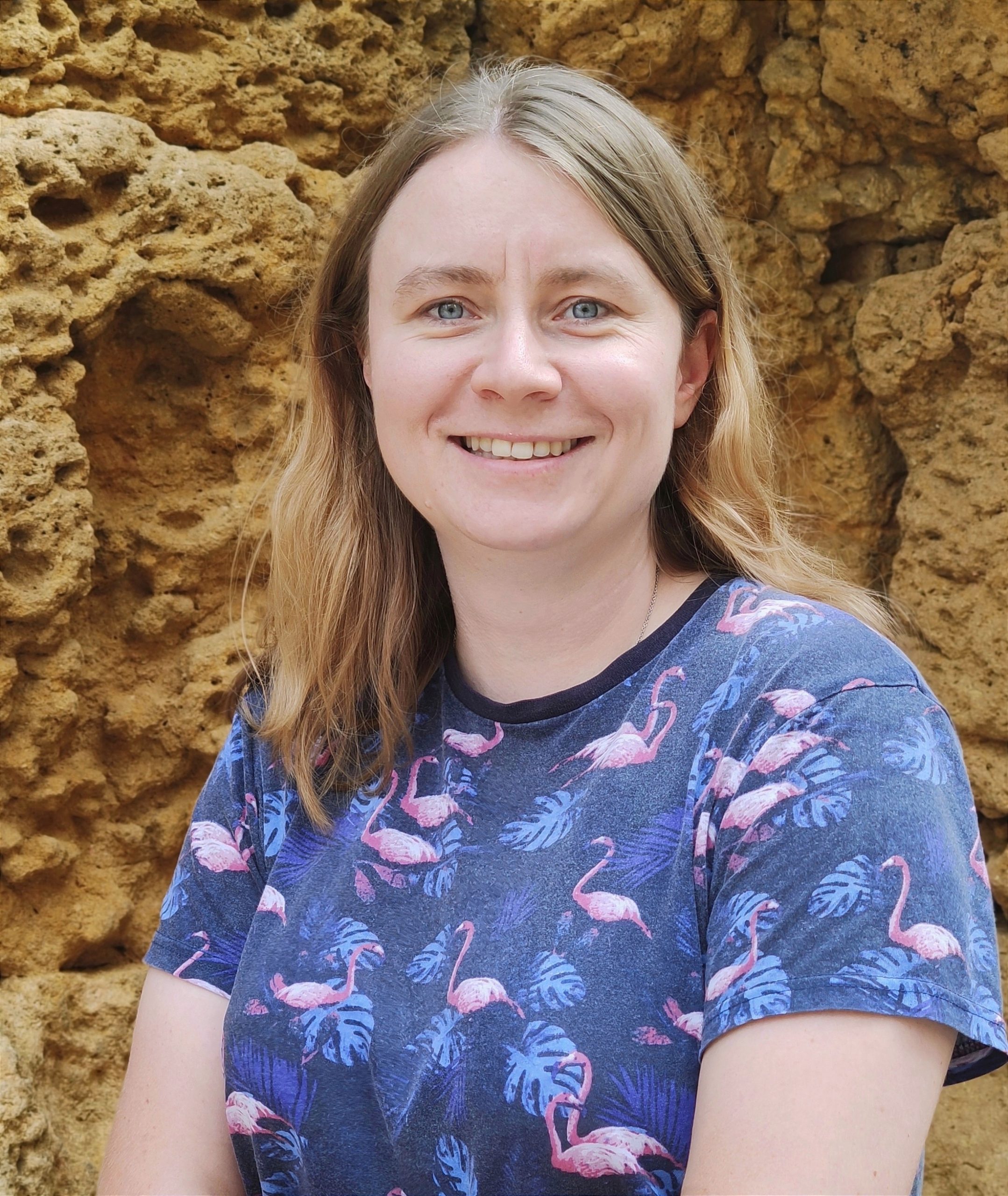
Dr. Charlotte Diffey
Principal Investigator
MSCA fellow at the Catalan Institute of Classical Archaeology (ICAC)
cdiffey@icac.cat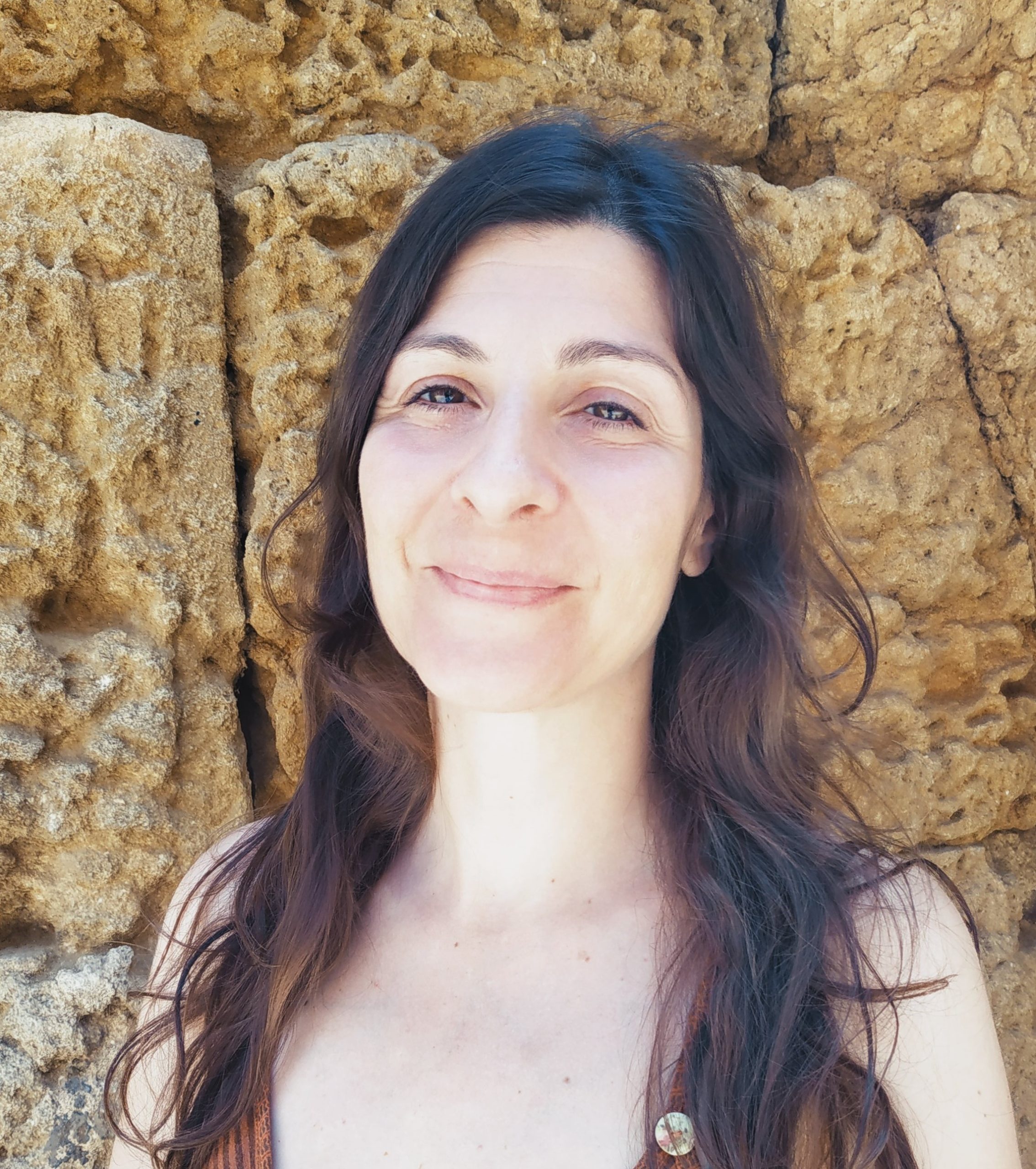
Alexandra Livarda
Supervisor
Ramón y Cajal Researcher at the Catalan Institute of Classical Archaeology (ICAC), International Coordinator at ICAC
alivarda@icac.cat